
How Did A Boxing Match Change Dental Retainer Mouthguards?

Because a lot of dental equipment has somewhat unusual origins, a lot of unlikely events can lead to major revolutions in how they are made and used.
A good example of this is retainers, which are not only important mouthpieces in their own right but also require complex impression equipment to make and cleaning tablets to maintain and keep clean.
However, one of the biggest moments in the history of dental retainers was a rather unfortunate accident in the boxing ring involving another type of dental mouthpiece.
In modern dentistry, the development of custom mouthguards and custom retainers are very similar, with the main difference being that retainers are thinner than mouthguards due to the fact they are designed to stop teeth moving rather than protect them from the impacts of contact sports.
However, they are similar enough that evolutions in one field will help the other and perhaps the most impactful night (pun not intended), was on 3rd March 1927.
On that night, Jack Sharkey and “Bold” Mike McTigue had a closely fought boxing match that ended 89 seconds into the 12th round due to an accident that a dental retainer could have avoided.
Mr McTigue was, by contemporary accounts, winning the fight, but at some point in the fight, a tooth was chipped. That tooth cut his lip, causing a laceration so severe that referee Billy “The Kid” McPartland stopped the fight.
At the time, mouthguards and retainers already existed, but they had been banned in a 1921 boxing match due to beliefs that they would provide an unfair advantage.
The problem with that is that the unfair advantage was safety, and after Sharkey Vs McTigue, doctors, fighters and governing bodies looked into making mouthguards a requirement in order to fight.
It took until the development of the acrylic mouthguard in the 1940s for that to start happening, but by the 1930s, they had become common in boxing, which boosted the development of retainers and other equipment that has helped save beautiful mouths ever since.




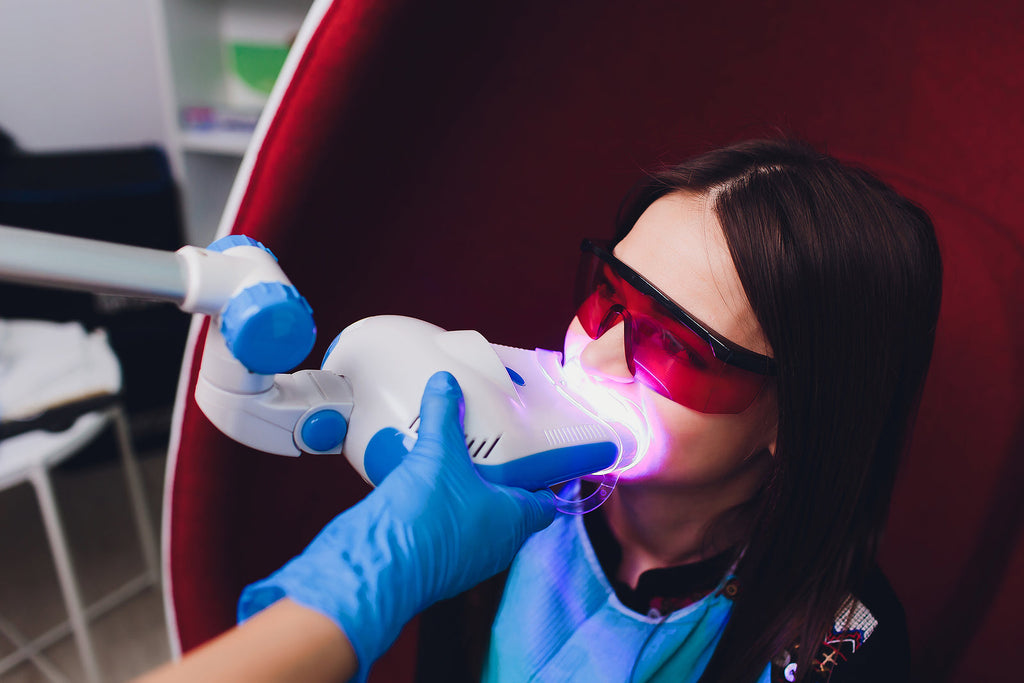
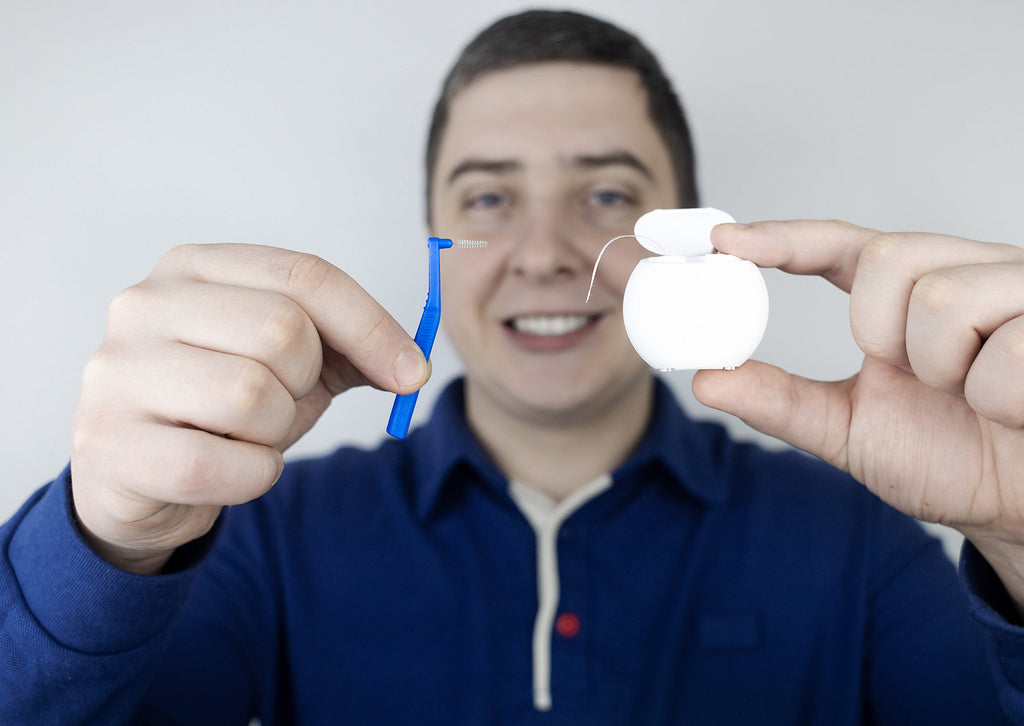
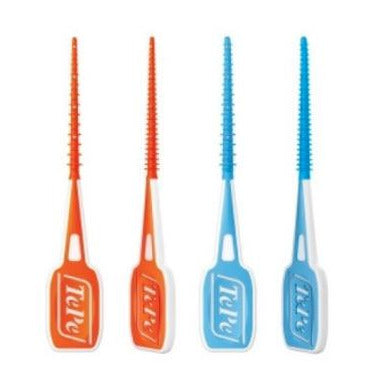
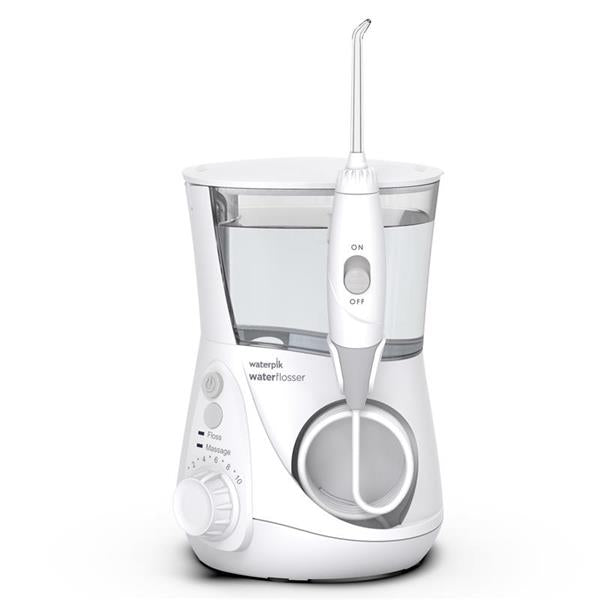
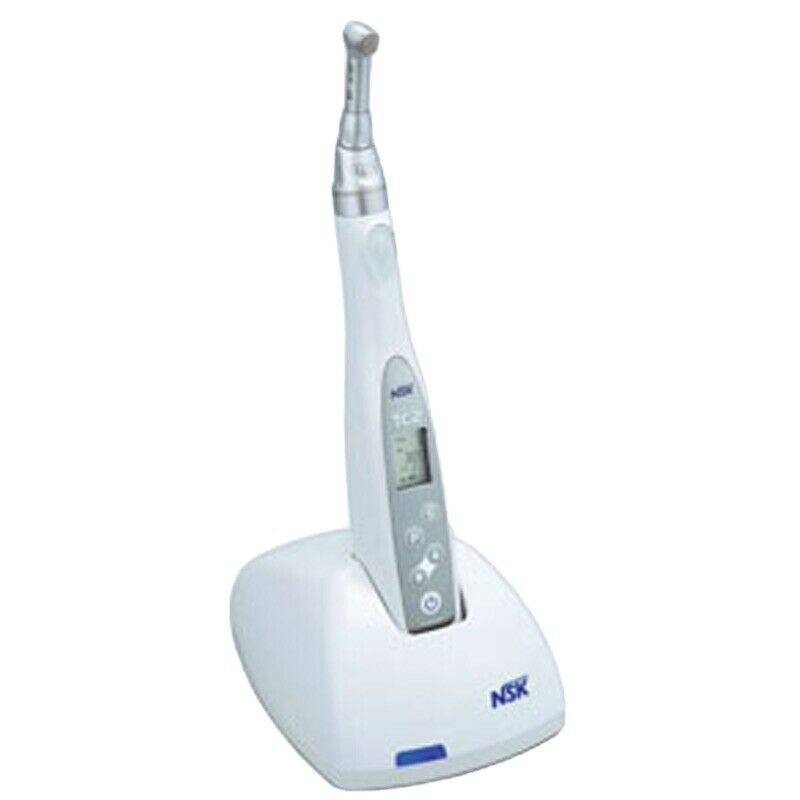
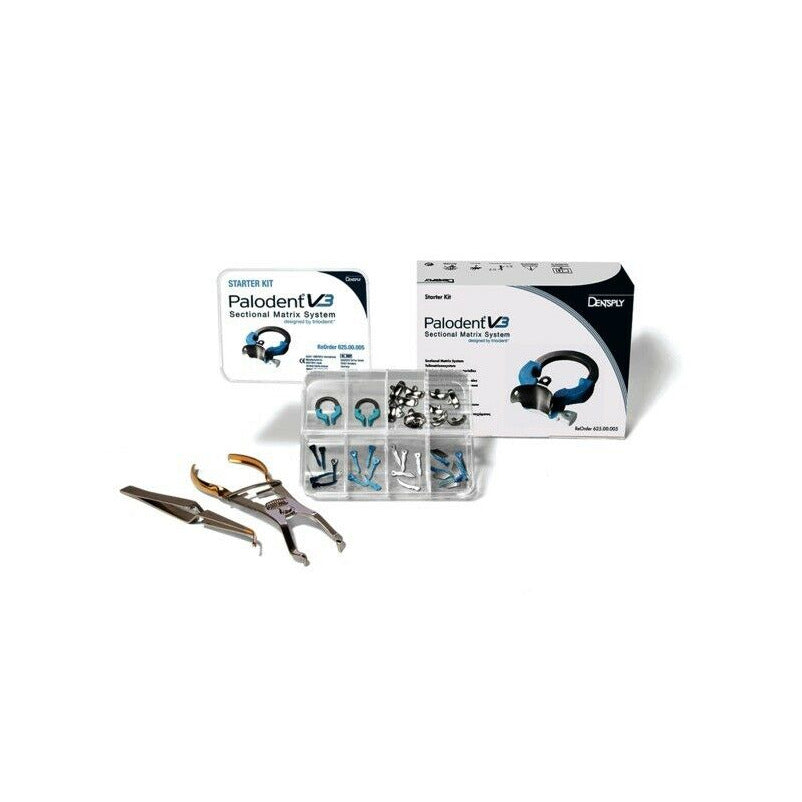


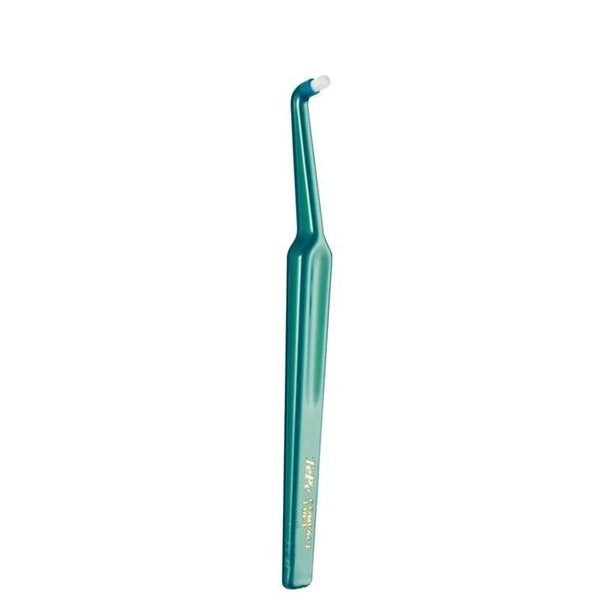

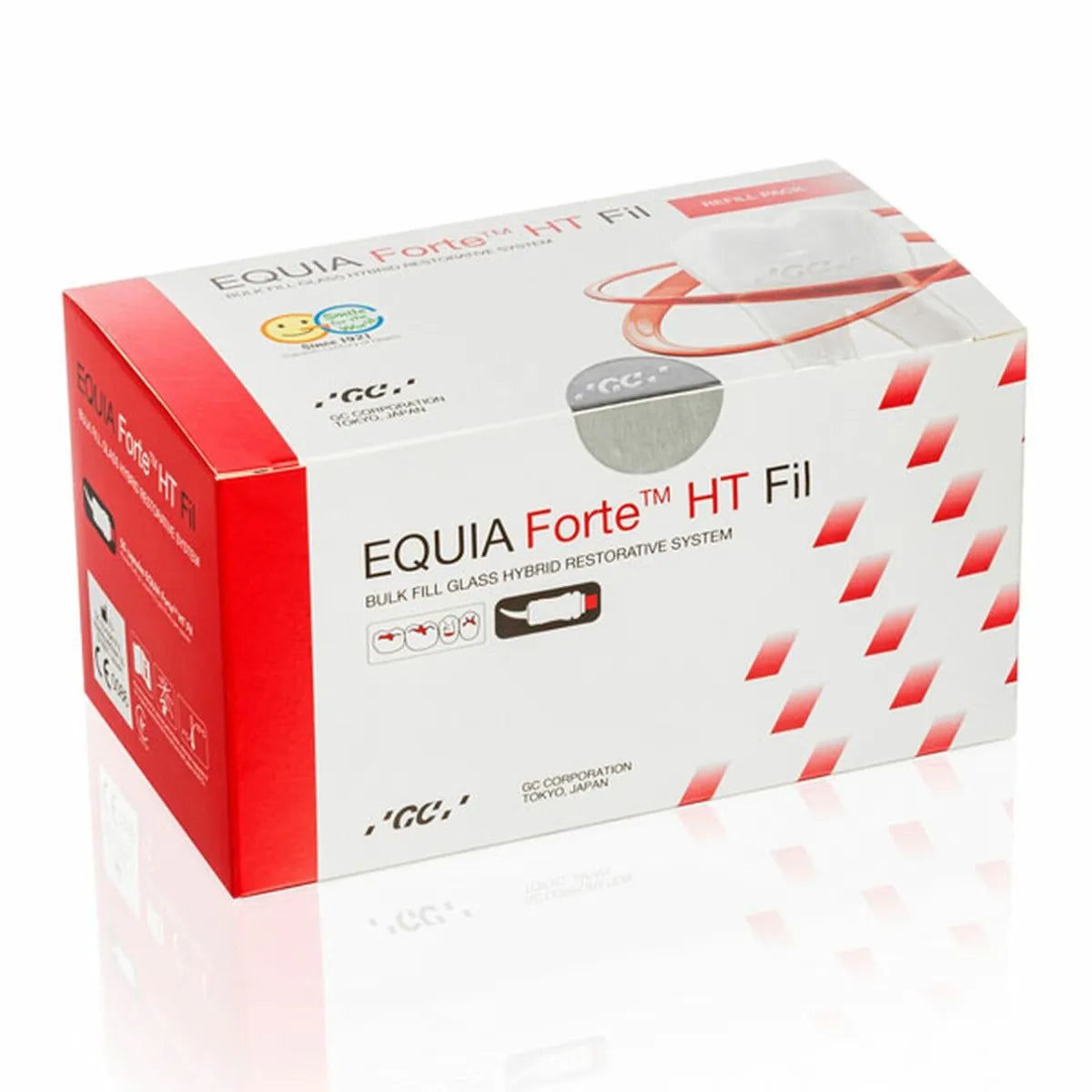
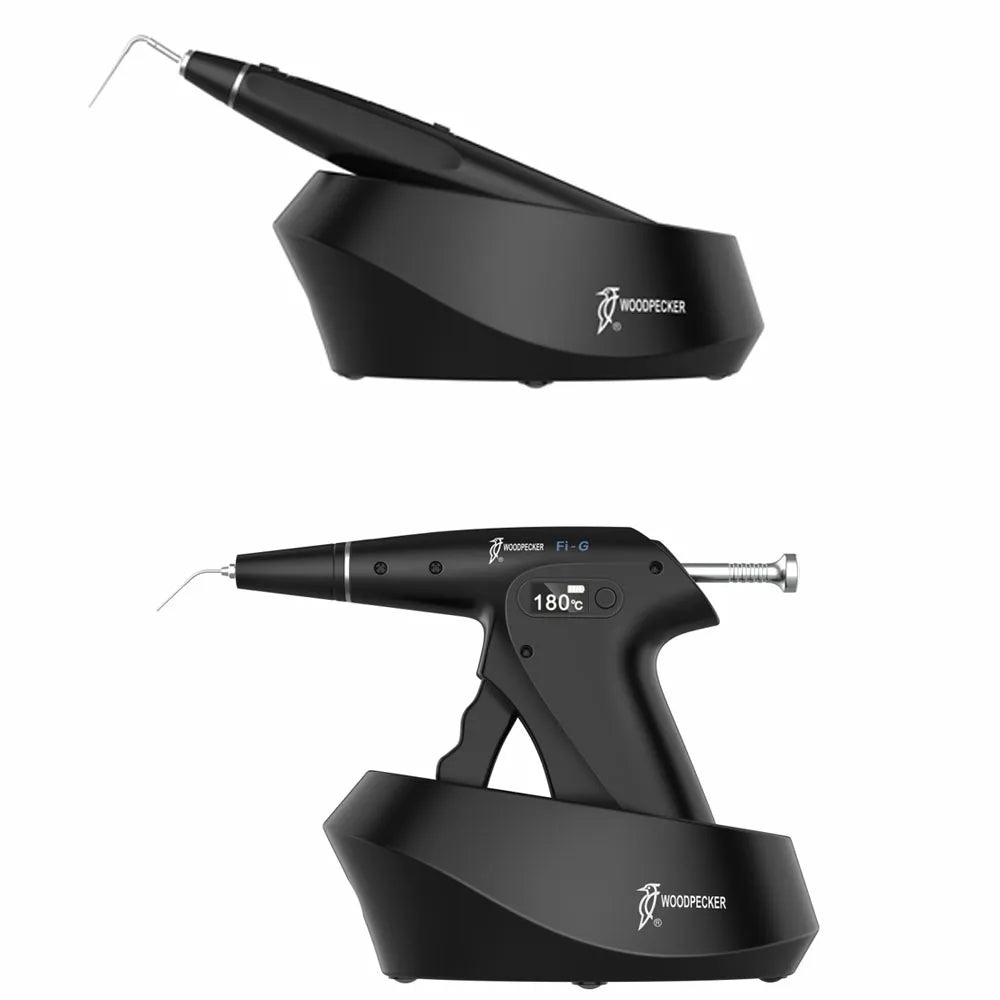








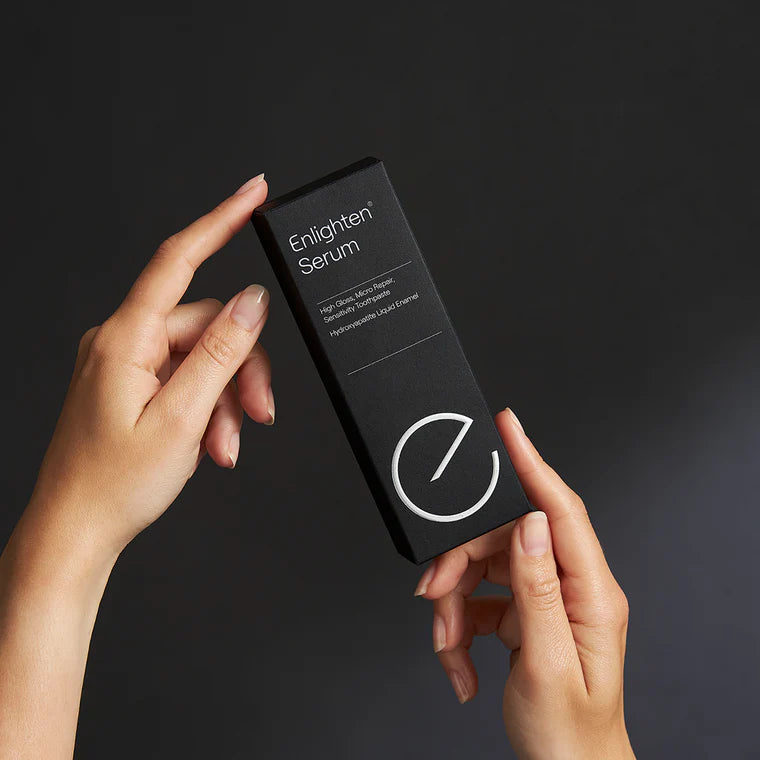
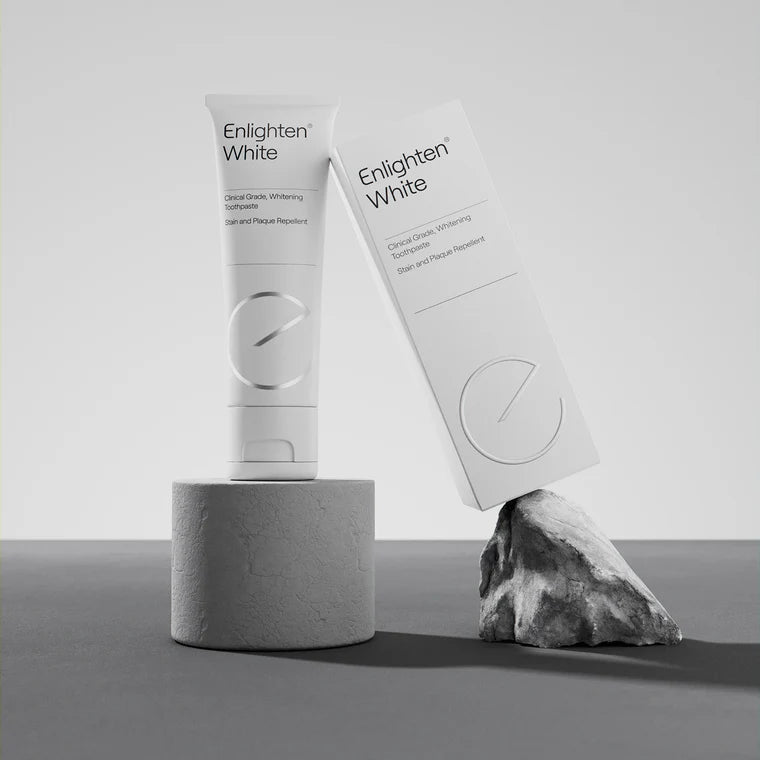
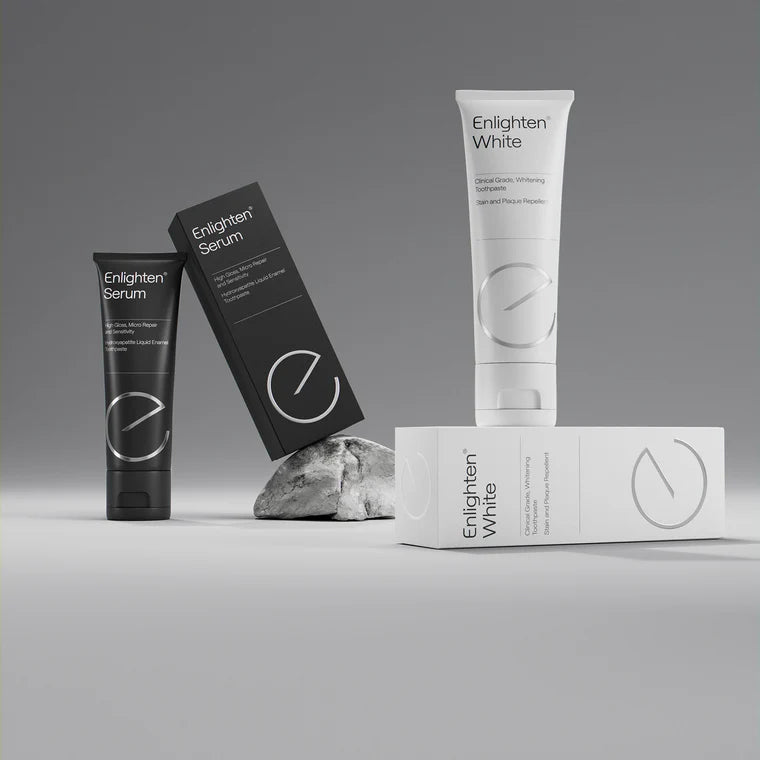
 Whatsapp us!
Whatsapp us!